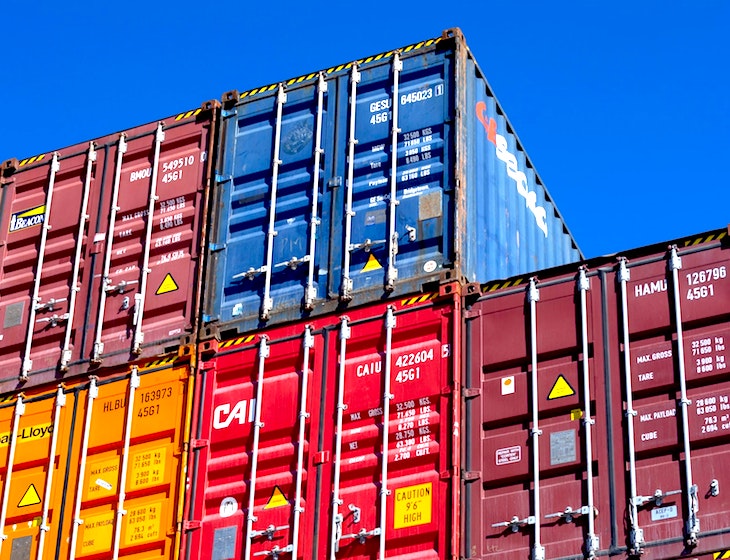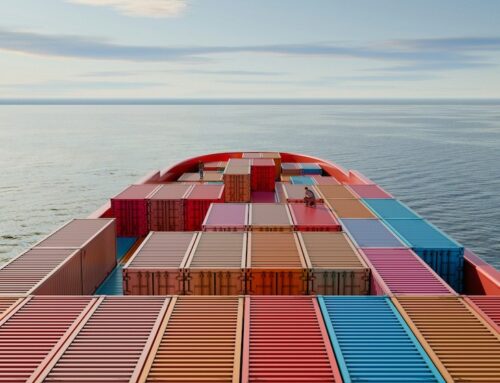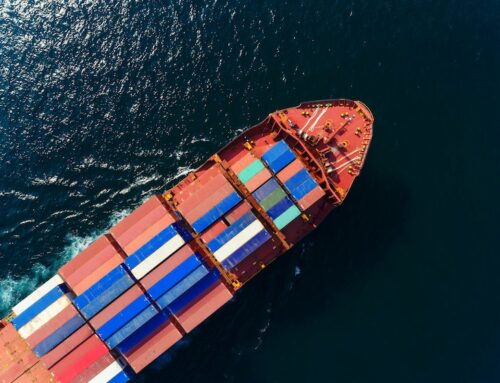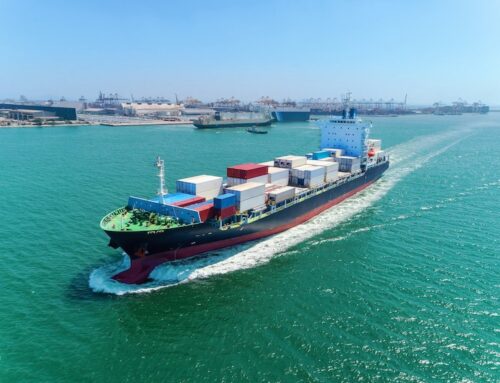Congestion at Yantian Port results in significant delays and freight rates hit another high. Here is a summary of this week’s main industry news.
Although Operations Resume at Yantian, Delays Continue
Yantian port in Shenzhen has resumed export operations this week after being partially suspended due to a number of Covid-19 cases having been reported. Due to more positive COVID cases being confirmed, further disinfection and quarantine measures are being implemented. A significant container backlog, a number of ships waiting for a berth and slow productivity means disruption will be experienced. We are also seeing a number of schedule omissions as carriers bypass the port to avoid the congestion and the potential threat of infection. Regrettably vessel delays upwards of 14 days are expected. We will update customers of further developments as and when they happen.
Demand Pushes Rates Higher Still
Persistently strong demand and volumes coupled with capacity constraints resulting from blank and disrupted sailings have caused rates to jump again this past week on Asia to Europe shipping lanes. The delays and disruption experienced in the supply chain are reducing capacity by tying up vessels and containers. Freight rates are expected to stay high or may continue to rise throughout the summer.
Acute Container Shortages Continue
Equipment shortages at Asian ports remain an industry-wide challenge. We are still seeing the return of empty containers to Asia being prioritised over European export cargo. The knock-on effect is keeping pressure high on the availability of containers for Mediterranean sea routes and maintaining strong demand for trucking of cargo within Europe, keeping prices high.
Port Congestion at Origin Still a Challenge
Congestion in ports at origin continues to be a concern, in particular the port of Chittagong in Bangladesh where the severity of congestion means that vessels are waiting for a number of days to berth. The port of Colombo in Sri Lanka is still experiencing congestion which is creating delays across other markets in the region such as India and Pakistan.
Despite these challenges we would like to reassure our customers that we are working to limit the impact as much as possible. We will keep you updated of further developments as and when they happen. We would like to thank customers for their understanding at this challenging time.








